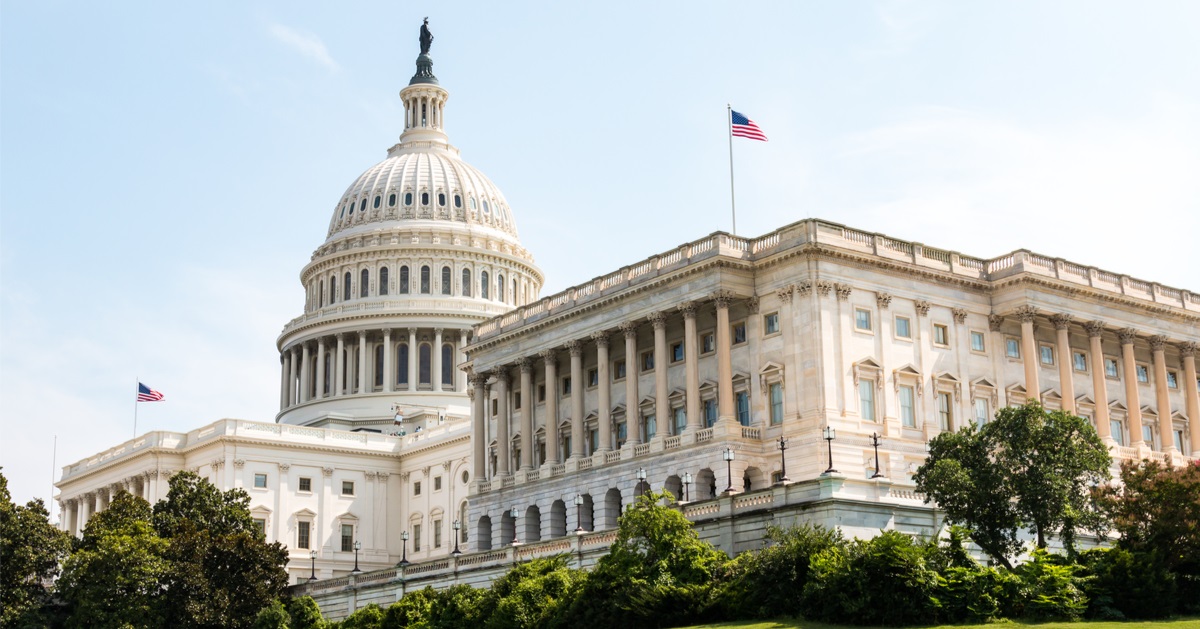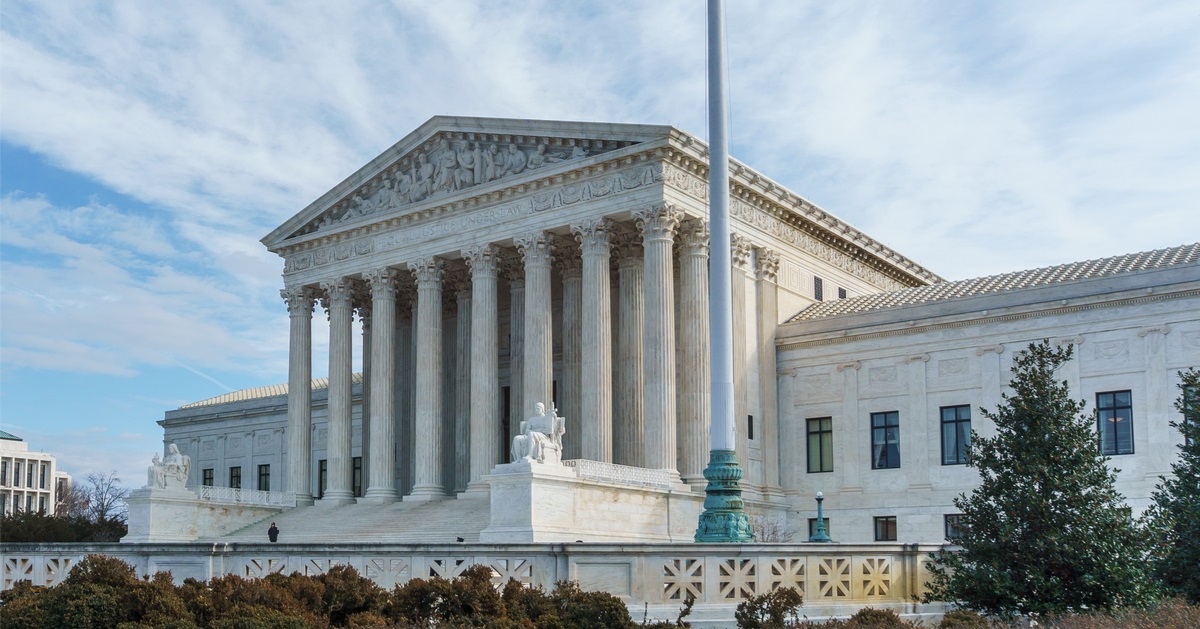Former WH aide Jeff Zients says he raised concerns about Biden decline in 2024
Hold onto your hats, folks -- startling revelations have emerged from a congressional testimony about President Joe Biden’s mental sharpness, or lack thereof, during his time in office.
Former White House chief of staff Jeff Zients dropped a bombshell during a closed-door session with the House Oversight Committee, detailing a noticeable decline in Biden’s memory and decision-making abilities, especially following a widely criticized debate performance on June 27, 2024, as the New York Post reports.
Let’s rewind to that fateful debate night, where Biden’s stumbles weren’t just figurative but painfully literal. His voice was raspy, his words jumbled, and at one point, he bizarrely claimed his administration had “finally beat Medicare.” While the White House chalked it up to a mere “cold,” seeing the president at a Waffle House right after raised eyebrows about that flimsy excuse.
Debate fallout spurs concerns
In the wake of the debate, Zients says he didn’t mince words behind closed doors, urging White House physician Kevin O’Connor to conduct a thorough medical evaluation, including a cognitive exam. Those “mental freezes” aides witnessed? Zients called them unprecedented, a red flag that couldn’t be ignored.
Other heavy hitters in the administration echoed Zients’ alarm. Former senior communications adviser Anita Dunn and ex-national security adviser Jake Sullivan pushed for a cognitive assessment, while cabinet members like Commerce Secretary Gina Raimondo and Secretary of State Antony Blinken privately doubted Biden’s suitability for another term.
Even donors started whispering -- or shouting -- about the president’s fitness. One found it particularly troubling to see Biden reliant on a teleprompter at a small, intimate fundraiser. If you can’t speak off the cuff to your biggest supporters, what does that say about leading a nation?
Memory lapses, scheduling adjustments
During a grueling six-hour interview, Zients painted a picture of a president increasingly struggling with the basics. Difficulty recalling dates and names became a recurring issue, and decisions that once took three meetings now dragged on to four. This wasn’t a one-off; these challenges simmered throughout Biden’s term in the West Wing.
First lady Jill Biden stepped in with her own directives, requesting that the president avoid being “over-scheduled” and be allowed to head back to the residence earlier in the day. It’s a reasonable ask for anyone pushing 80, but when you’re the commander-in-chief, such accommodations raise questions about capacity.
Deputy White House chief of staff Annie Tomasini also discussed practical adjustments with Zients, like limiting the distances Biden walked and reducing the number of stairs he had to climb. These aren’t just thoughtful tweaks; they’re glaring signs of physical and perhaps mental limitations that can’t be spun as mere “age-related quirks.”
Confidence claims ring hollow
Yet, amid these damning details, Zients oddly maintained that he had “full confidence” in Biden’s ability to serve. A source close to the testimony emphasized Zients’ pride in the president’s accomplishments over four years. Call it loyalty or a political shield, but that confidence feels like a tough sell given the laundry list of concerns.
Zients also stressed his role was to ensure Biden heard from a wide range of advisers to make the “best decisions.” That’s a noble goal, but when final calls rest with a president showing consistent lapses, one wonders if diversity of opinion can compensate for diminished clarity.
Interestingly, Biden himself reportedly valued input from various experts, with a source noting that “final decisions” were his alone. That’s how it should be, but it’s cold comfort when aides are quietly adjusting schedules and staircases to keep the ship afloat.
Silence, stonewalling from others
Not everyone was as forthcoming as Zients in these congressional probes. Key figures like White House physician Kevin O’Connor and Jill Biden’s chief of staff, Anthony Bernal, invoked the Fifth Amendment, refusing to answer questions, even as Zients admitted discussing Biden’s “age issues” with them.
Former White House press secretary Karine Jean-Pierre, who recently parted ways with the Democratic Party and teased a tell-all book, was also questioned by the committee. Meanwhile, Zients stayed mum with reporters outside the session, letting his transcribed interview do the talking—and what a story it tells.
At the end of the day, this testimony isn’t just gossip; it’s a sobering look at the challenges of leadership when age becomes more than a number. While Biden’s team insists on his capability, the whispers of decline -- from aides to donors -- paint a picture of a presidency grappling with limitations. It’s a reminder that governing isn’t just about heart or intent; it demands sharpness that, sadly, may have dulled over time.






